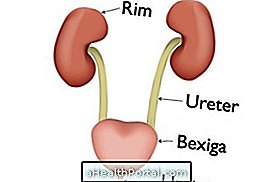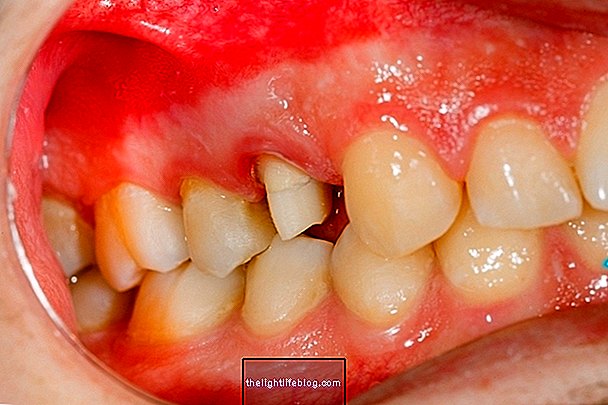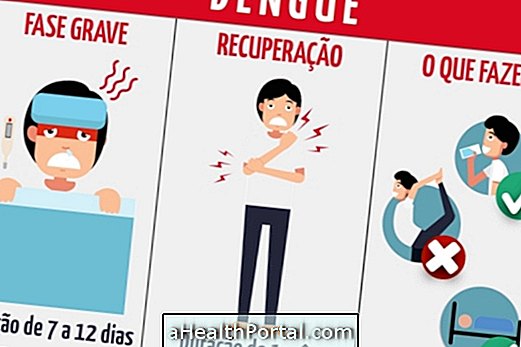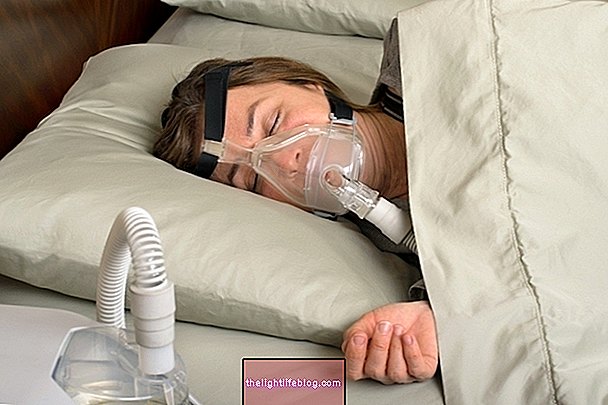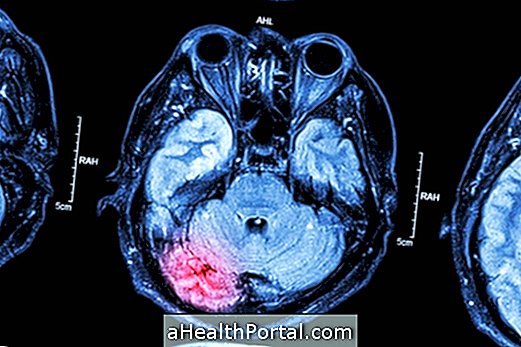Claustrophobia is a psychological disorder characterized by a person's inability to spend too much time indoors or with little air circulation, such as in elevators, crowded trains or closed rooms, which can lead to the emergence of other psychological disorders such as agoraphobia, for example. Learn more about agoraphobia.
This phobia can lead to symptoms such as shortness of breath, dry mouth, increased heart rate and fear, which can occur in children, young people, adults or the elderly without distinction of social class and should be treated with mediation and psychotherapy sessions.

Symptoms of claustrophobia
The claustrophobia is characterized mainly by the feeling of fear, anguish and anxiety when the person is in closed or uncomfortable surroundings or even when they imagine in such situation. The main ones of claustrophobia are:
- Sweating;
- Tachycardia;
- Dry mouth;
- Fear and anguish.
The person believes that the walls are moving, the ceiling going down and the space decreasing, for example, which stimulates the appearance of the symptoms. Symptoms of claustrophobia may also lead to excessive and constant fear-related concern, and this phobia may develop into generalized anxiety disorder. See all About Generalized Anxiety Disorder.
Treatment for claustrophobia
The treatment for claustrophobia can be done through psychotherapy sessions that can sometimes be associated with the use of anti-depressant medications and antidepressants that may help reduce phobia symptoms and the risk of developing depression, since it is customary for these individuals to isolate from the world in places that they find to be safe as the room itself.
Treatment is time-consuming, but it achieves good results, and therefore claustrophobia has control, which will only be achieved when treatment is followed correctly. Psychotherapy sessions are fundamental because they aim to expose the person directly or indirectly to situations in which they feel afraid, anxious and distressed, causing them to face fear and to feel better in these situations.










